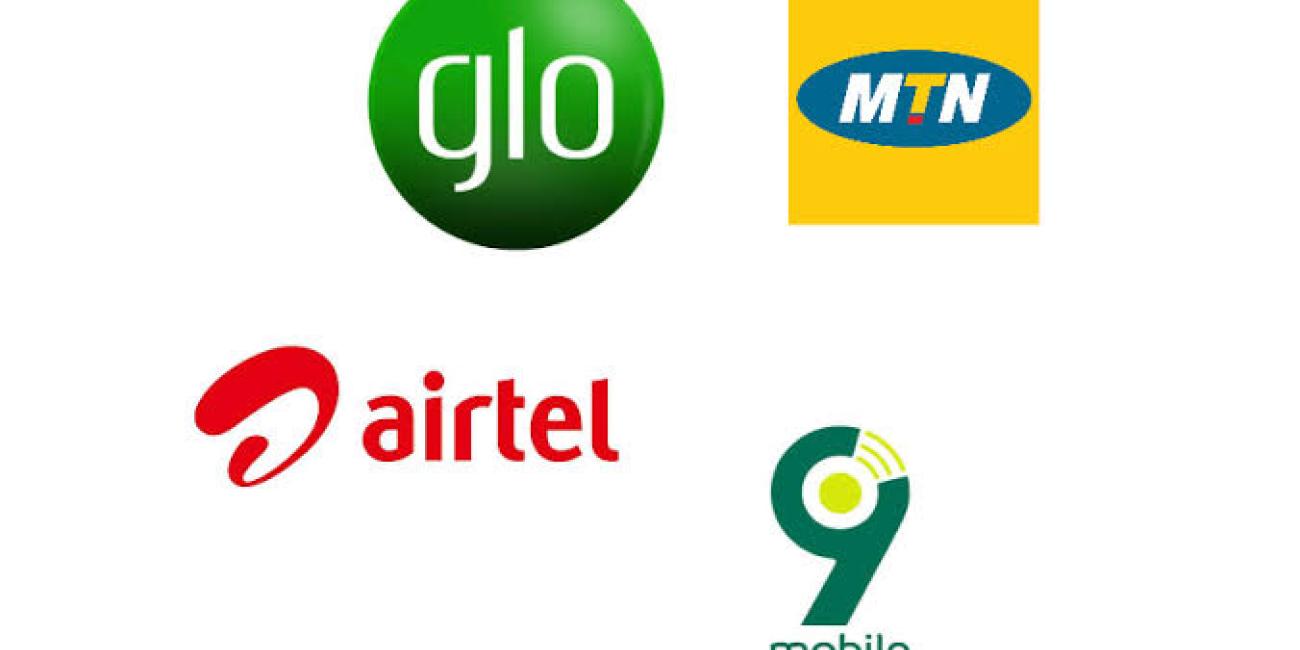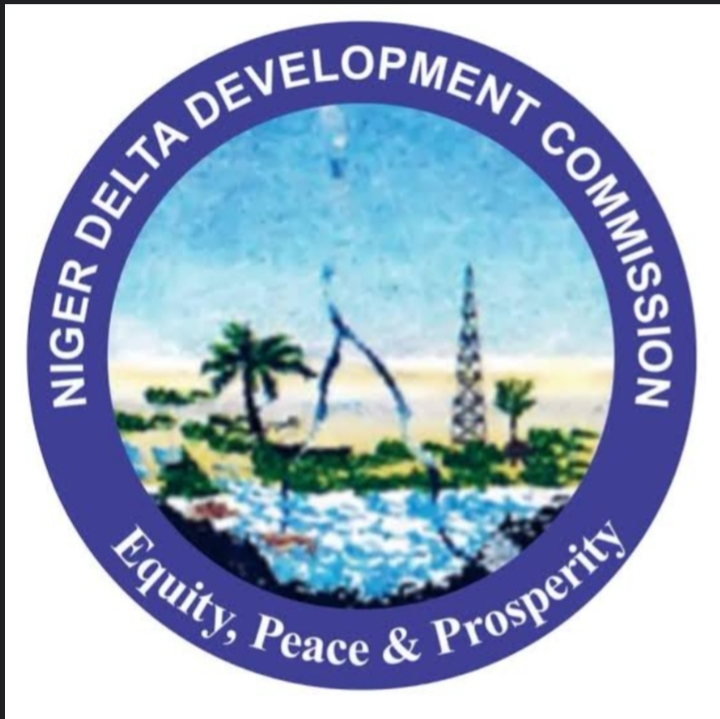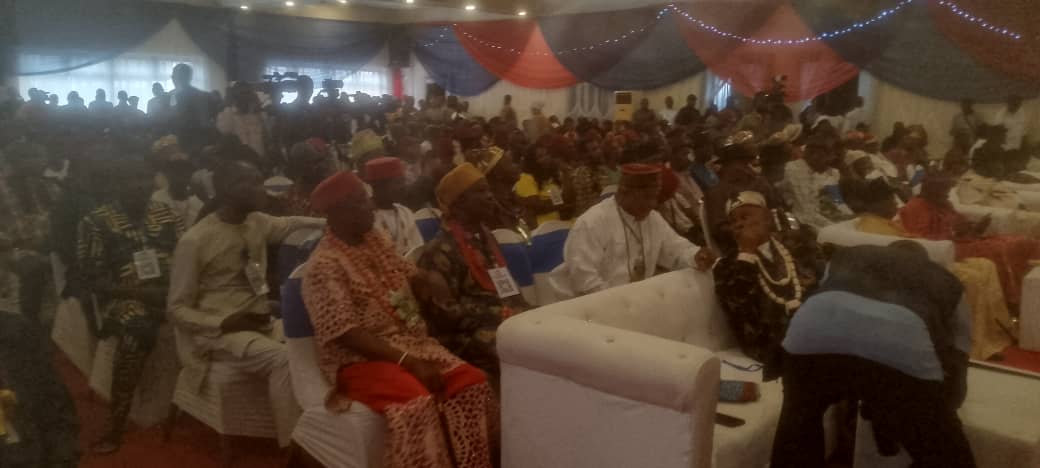Nigerians are now grappling with a steep rise in data costs, with MTN users spending a staggering N7,500 for just 20GB of data — an amount that swallows 10.7% of the new N70,000 national minimum wage.
This alarming figure emerged from a comprehensive review conducted by independent monitor, shedding light on how much harder life has become for the average Nigerian worker under the Bola Tinubu-led administration.
The surge in data tariffs stems from a government-approved 50% hike, a move justified by telecom companies who claim that soaring operational costs have made price increases inevitable.
Comparing the Big Three: MTN, Glo, and Airtel
While MTN subscribers now bear the heaviest burden, Globacom and Airtel users are slightly better off, paying N5,000 for 24GB of data, which translates to 7.1% of the national minimum wage.
On average, workers now spend approximately 8% of their hard-earned pay just to stay connected across the three leading networks — MTN, Glo, and Airtel.
Public Outcry and Labour’s Response
Unsurprisingly, the Nigeria Labour Congress (NLC) has fiercely condemned the price hikes, warning of severe consequences if telecom operators fail to reverse the tariffs.
The NLC has already announced plans to launch a nationwide strike on March 1, 2025, unless data prices are rolled back to their previous rates.
As a prelude to the strike, the labour union has called on Nigerians to begin a mass boycott of MTN, Glo, and Airtel services starting February 13, 2025 — an action aimed at pressuring the telecom giants into reconsidering their pricing.
Accusations of Exploitation and Funds Siphoning
In a scathing statement, the NLC accused telecom companies of illegally siphoning funds abroad, further fueling public anger.
“If telecom operators fail to reverse the tariff hike by the end of February, we will embark on a total shutdown of their operations across the country from March 1, 2025,” the NLC vowed.
What This Means for the Average Nigerian
With wages already stretched thin by rising food prices, transport costs, and relentless inflation, spending such a significant chunk of income on data alone puts Nigerian workers under immense financial strain.
As the deadline looms, all eyes are now on telecom operators, the Nigerian government, and the NLC, as a potential showdown draws closer.





